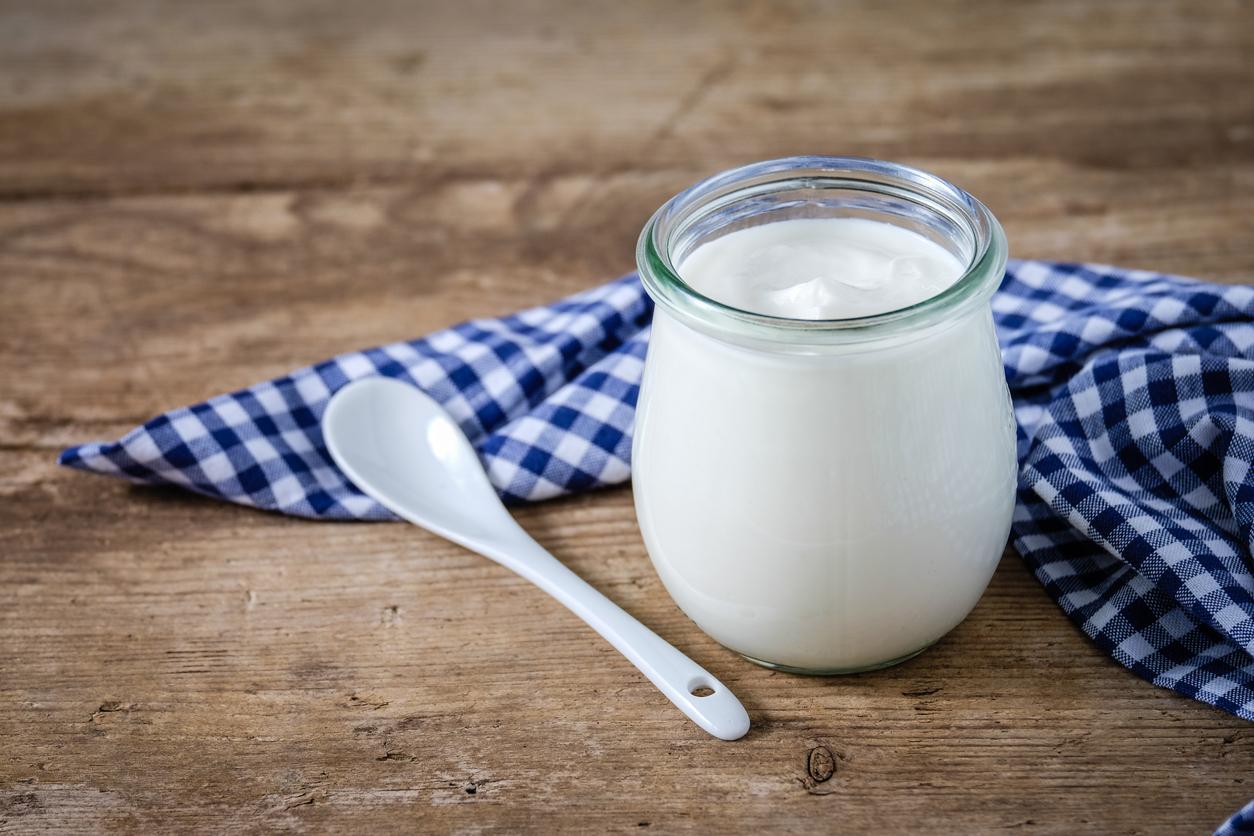Cancer of the intestine (large intestine, rectum, small intestine …) could be caused by excessive consumption of red meat. The cause is heme, a part of the hemoglobin in the blood that binds to oxygen to allow it to be transported in the body. It gives meat its red color and is found in greater quantities in both red and white meat.
Researchers at the University of Utrecht (The Netherlands) fed mice with heme. They found that this type of diet produced sequelae on the walls of the rodents’ intestines. This is because bacteria in the intestine transform heme into hydrogen sulfide which harms intestinal cells. In response to this attack, they regenerate quickly increasing the risk of cancer. Thanks to this discovery, scientists also believe that the presence in the intestine of hydrogen sulphide could prove to be a useful marker to better prevent the risk of developing bowel cancer and improve screening.
Red meat consumption recommendations
For our health and the health of the planet, we should consume 80% of food of plant origin and 20% of animal origin. “In France 30 to 40% of our food is of animal origin, the ideal would be to divide this quantity by 2” recalls Anthony Fardet, doctor in human nutrition. “Our planet would come out a winner too, because 50% of the surfaces are used for animal nutrition”. With an individual consumption limit of 500 g per week of meat excluding poultry and game (i.e. beef, pork, veal, mutton, goat, horse), Anthony Fardet also recommends reducing consumption as much as possible. processed meat, i.e. smoked, salted, in brine or with the addition of preservatives and cold cuts (sausages, sausages, cooked or raw ham, pâté, etc.).
Read also:
Does Eating Too Much Red Meat Increase Cancer Risk?
Cancer: a sugar in red meat linked to tumor growth
We know why excess red meat is bad for the heart


















